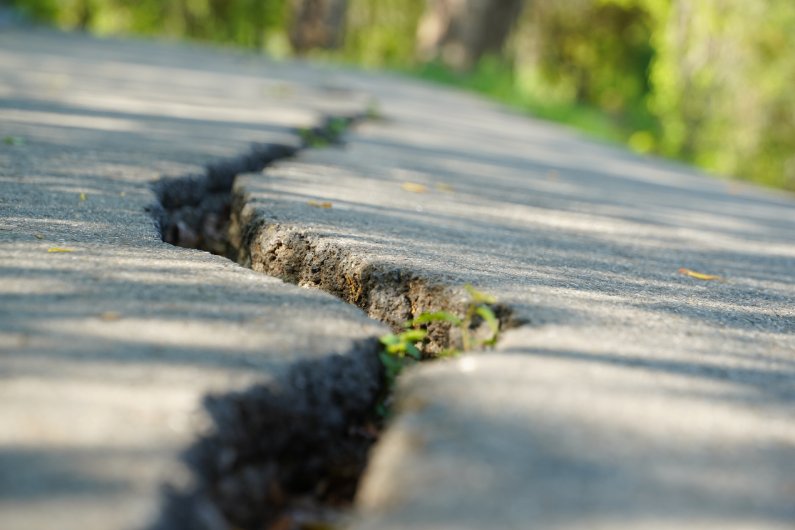A well-maintained driveway adds curb appeal to any home, but cracks can quickly detract from its appearance and functionality. Ignoring these issues can lead to costly repairs, so addressing them is key to keeping your driveway in top shape. Below are common causes of driveway cracks and practical tips to prevent them.
Weather Exposure
Extreme weather conditions often lead to driveway cracks. Prolonged sun exposure can weaken materials, causing them to expand and contract over time. During colder months, water seeps into small crevices, freezes, and expands, breaking the surface. Homeowners in areas with heavy seasonal changes should act promptly by sealing their driveways at the right time to minimize damage.
Poor Installation
Flaws during installation frequently result in weak spots. Contractors who rush the base preparation process or use low-quality materials set the stage for cracks to develop. Skipping professional assistance might seem cost-effective, but fixing the driveway is one home repair to leave to the professionals to guarantee long-term durability.
Tree Roots
Trees near a driveway may enhance landscaping, but their roots can cause significant problems. Roots grow invisibly under the surface, pushing up against the pavement and creating uneven areas. Assessing the location of trees before planting—or considering this during a home renovation project—can help avoid future damage to your driveway.
Heavy Vehicles
Driveways often suffer under excessive weight from heavy vehicles. Repeated parking of trucks or construction equipment leads to cracks or even complete failures in certain materials. Resisting the urge to park large vehicles on your driveway can go a long way toward preserving its condition.
Chemical Exposure
Chemicals like de-icers and motor oil degrade driveway materials. De-icing salts used in winter can erode concrete surfaces, while oil or other automotive fluids stain and weaken asphalt. Cleaning up spills quickly and minimizing chemical use will help maintain the driveway’s strength and appearance over time.
Prevention Tips
Taking actionable steps now can extend the lifespan of your driveway. Sealing the surface using high-quality sealants every few years protects it from weather, chemicals, and regular wear. Regularly cleaning the driveway removes debris that might lead to damage. Scheduling routine inspections allows you to catch potential problems early, and the best time to patch the cracks is during dry, mild weather for optimal results.
Understanding the common causes of cracked driveways can help you prevent the problem. Maintaining your driveway properly, patching damage promptly, and making informed decisions during renovations protect this essential part of your home. Take action now to keep your driveway looking great and performing well for years.



Connect With Me !